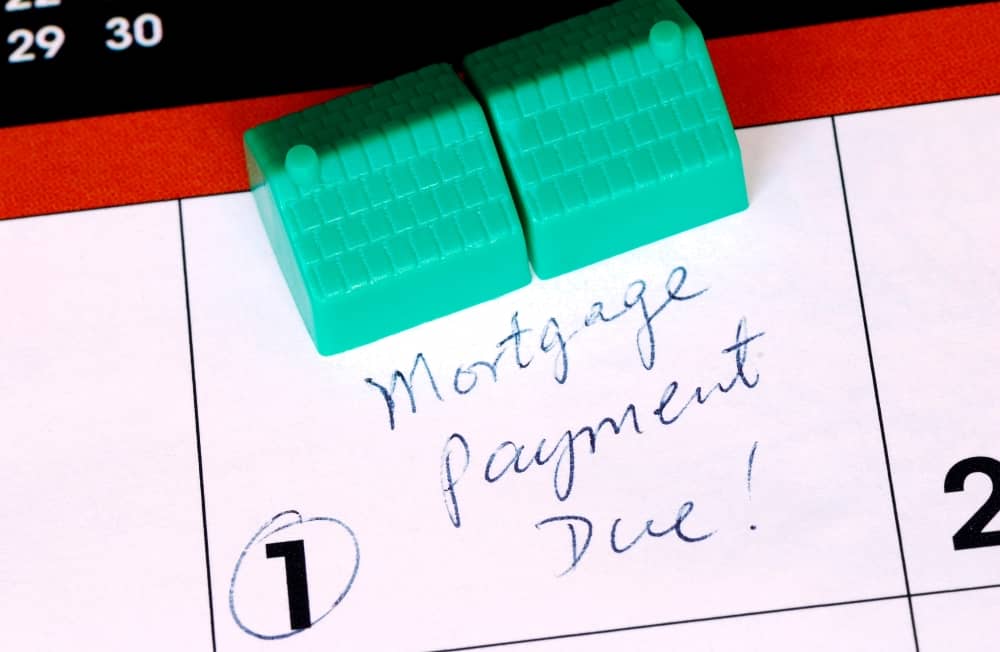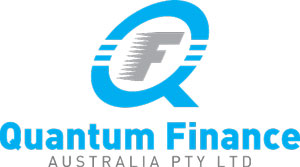
7 Tips for Paying Off Your Mortgage Faster and Saving Money with Refinancing
Looking at your mortgage and interest rate and determining the ways you could save money is something all homeowners should do regularly. Depending on your loan and how much interest you are paying, you may be able to save hundreds of dollars each month by refinancing your mortgage.
While the idea of substantial monthly savings is appealing, many homeowners are unsure of the steps necessary to refinance or the benefits of refinancing a 30-year mortgage.
Your first step should be deciding on a goal for your refinancing. For example, are you planning on consolidating credit card debt into your new mortgage or is refinancing a mortgage to get the cash your plan? Having a clear destination makes planning more manageable and will help you avoid costly mistakes along the way.
Aside from setting a goal, educating yourself is a vital step to take. You will want to ensure that you know how refinancing works and your financial position’s potential benefits. You must keep many details in order as you go through the process. Many homeowners feel stressed and may ask themselves, “Do mortgage brokers help with refinancing?” The answer is yes. Working with a mortgage broker is one of the best ways to refinance because you can rely on their expertise.
Seven Useful Tips to Pay Down Your Mortgage and Save Money by Refinancing
1. Shop Around for the Best Refinancing Rates and Terms
You should avoid locking in the first offer you see. Often, the rates that seem too good to be true are just that. You may get a great deal for a time, but you could face extensive rate hikes after the introductory period. Make sure you read the fine print to avoid terms that are not in your best interest.
Even if something looks good, comparing refinancing plans is worth your time. If you are short on time, a mortgage broker can do the work for you. Your broker may have access to unadvertised rates or special terms you will not find elsewhere.
2. Consider Refinancing to a Shorter Loan Term
A thirty-year mortgage looks great on paper. And in many cases, it is the best choice. However, refinancing to a 15 or even 20-year term can allow you to chip away at your mortgage much faster. Even if your rates and terms are similar, you will save 10 or 15 years’ worth of interest payments if you go with a shorter loan.
3. Make Extra Payments on Your Mortgage to Pay it Off Faster
Making extra payments is an ideal way to pay down your mortgage. For some homeowners, this strategy is better. They can pay more when it is financially feasible and not be tied to a loan with uncomfortably high monthly repayments.
Before you begin to make additional payments, double-check to be sure that your home loan allows this. Some lenders permit several extra payments, and others allow specific amounts, so check these details so you can take advantage of any leeway.
Typically, variable-rate mortgages and interest-only loans will permit unlimited extra payments. If you have a fixed-rate mortgage, you should ask your lender about making additional payments. In some cases, sending extra repayment money will incur break fees. You are charged these penalties because you are breaking the terms of your fixed-rate loan by paying more money, so take the time to find out.
4. Consider Refinancing to a Lower Interest Rate
Opting to refinance for a lower interest rate can benefit your finances. You can save thousands of dollars over the life of your loan if you can get a lower rate.
With so much attention on the exceptionally low interest rates and the impact on buying homes, the notion of refinancing to secure one of the low rates was not in the spotlight. If your home financing took place before the historically low rates, you might still have time to save money with a refinance.
While there have been rate increases, this could be an ideal time to refinance. Rates are higher than in the recent past, but they are still very attractive, especially if you have a home loan with high interest. More rate hikes are relatively certain, so locking in a lower rate than you have could bring you considerable savings.
5. Use Refinancing to Consolidate Debt
If you are about to refinance your home’s mortgage, you should consider rolling your other debt into your home loan. By consolidating your debts into your mortgage, you can see substantial savings in the amount of interest you pay. Debts such as personal loans, credit card debt, and car loans have higher rates than home loans. This is because home loans are seen as less risky. Using this strategy, you can consolidate, make a single payment, and save money.
6. Consider Refinancing a Variable-Rate Mortgage to a Fixed-Rate Mortgage
While flexibility is a crucial benefit to variable-rate mortgages, you may want to look at a fixed-rate mortgage as a way to save money for a pair of reasons.
- Budgeting is easier with a fixed-rate mortgage. This improves your ability to plan and put money away.
- Interest rates will continue to rise for the foreseeable future. And even though the RBA is not specifically responsible for the rate your lender charges, the tendency is to follow suit.
7. Weigh the Costs of Refinancing Against the Potential Benefits
There are numerous ways to save money by refinancing your mortgage. However, before you commit to refinancing you should find out the cost associated with refinancing a mortgage.
Here are a few fees you will need to absorb when you refinance.
- Break Fees – If you leave your first loan early
- Discharge Fees – Your lender might charge between $160 to $400 to exit the mortgage
- Application Fees – These can run from $200 to nearly $1,000 depending on the lender
- Refinance Settlement Fee -Your new lender charges this fee that usually ranges from $100 to $200
- Valuation Fee – You will need to pay $300 to $600 to have your property valued
- Title Search Fees – Your new bank will run a title registry search and charge $40 to $50
For many homeowners looking to refinance, none of these fees is significant enough to call off the transaction. However, it is wise to be sure you know about all of the fees coming your way. For help with keeping up with the costs and changes, consider working with a reputable mortgage broker.
Refinancing can be a powerful tool for homeowners looking to pay off their mortgages faster and save money. By following these tips, you can make the most of your refinancing experience and achieve your financial goals. If you have questions or want more information about your mortgage options, please get in touch with Quantum Finance Australia. Over 20 years, we have established ourselves as a mortgage broker you can trust. Our experienced team can help you on your financial journey.


